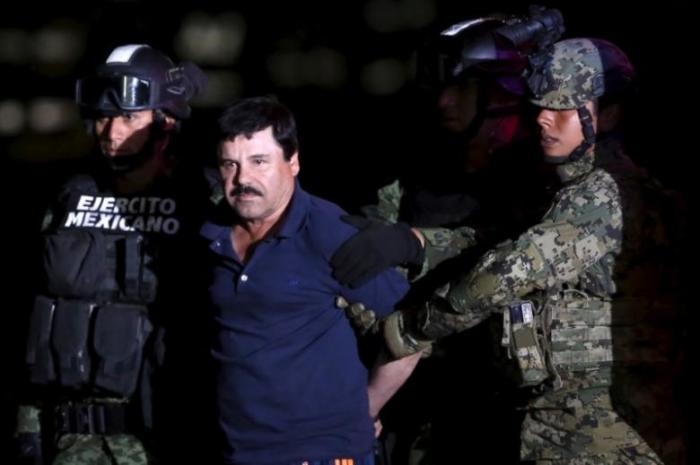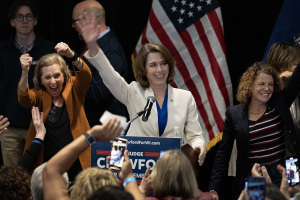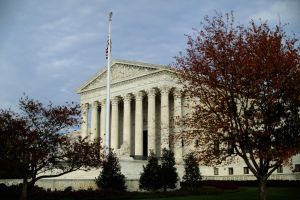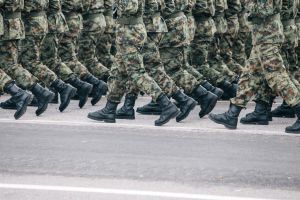From Ruling Crime to US Extradition: Following Mexican Drug Lord El Chapo
Legendary Mexican cartel boss Joaquin "El Chapo" Guzman was extradited to New York City on Thursday to face criminal charges in the United States.

Joaquin Guzman Loera, better known as El Chapo, attained notoriety as the head of the Mexican Sinaloa Cartel -- a multi-billion dollar global drug empire that supplied most of the marijuana, heroin, and cocaine in the U.S.
"I supply more heroin, methamphetamine, cocaine and marijuana than anybody else in the world. I have a fleet of submarines, airplanes, trucks and boats," Guzman is said to have told actor Sean Penn during the pair's meeting last year.
Guzman was first arrested for his criminal acts in Guatemala in 1993. He was extradited to Mexico where he was convicted and sentenced to a maximum security prison. In 2001, Guzman orchestrated a prison break in which he escaped in a laundry cart – an event that catapulted him to legendary status in Mexican folklore. However, many villagers who dealt with him in person remember El Chapo and his henchmen for the countless tortures, kidnappings and beheadings they committed.
His methods of operation, from bribing officials to the brutal killings of his rivals and innocents, made security agencies regard the diminutive man as extremely dangerous but exceptional at what he did.
"El Chapo Guzman is the most flagrant, the most brutal, and the starkest face of the corruption in Mexico," said Anabel Hernandez, author of 'Narcoland: The Mexican Drug Lords and their Godfathers'.
Following his 2001 escape, El Chapo eluded capture for more than a decade until he was caught by police in 2014. But Guzman only remained in the maximum security Altiplano federal prison until July 2015, when he escaped through a near mile-long tunnel accessible from a hole in his cell and caused international embarrassment to President Enrique Pena Nieto's government. Guzman's escape this time was aided by two pilots, one of his attorneys and a brother-in-law.
Having let El Chapo escape from prison for the second time, Mexican police authorities began combing the country in search of the nation's most powerful crime lord. They found him on January 9, 2016 in Sinaloa and he was arrested following a gun fight between his allies and Mexican security forces.
Ever since the 59-year-old's arrest last year, the American government has been urging Mexican authorities to extradite him to the U.S. After initially refusing to consider the idea of doing so, the Mexican government on Thursday permitted his extradition -- a move that can be interpreted as a gesture of faith for the incoming President Donald Trump who has been outspoken against the neighboring country.
Guzman's lawyers are up in arms against the extradition which they claim was done by the government to distract attention from the nationwide gasoline protests. "It was illegal. They didn't even notify us," attorney Andres Granados said. "It's totally political."
The Drug Enforcement Agency transported El Chapo from his prison in Ciudad Juarez, located across the border near El Paso, Texas, to New York City. Guzman will be prosecuted for drug trafficking and other criminal charges in a Brooklyn court. He faces a probable life sentence in prison under his indictments in six jurisdictions in the U.S. including New York, San Diego, Chicago and Miami.





























